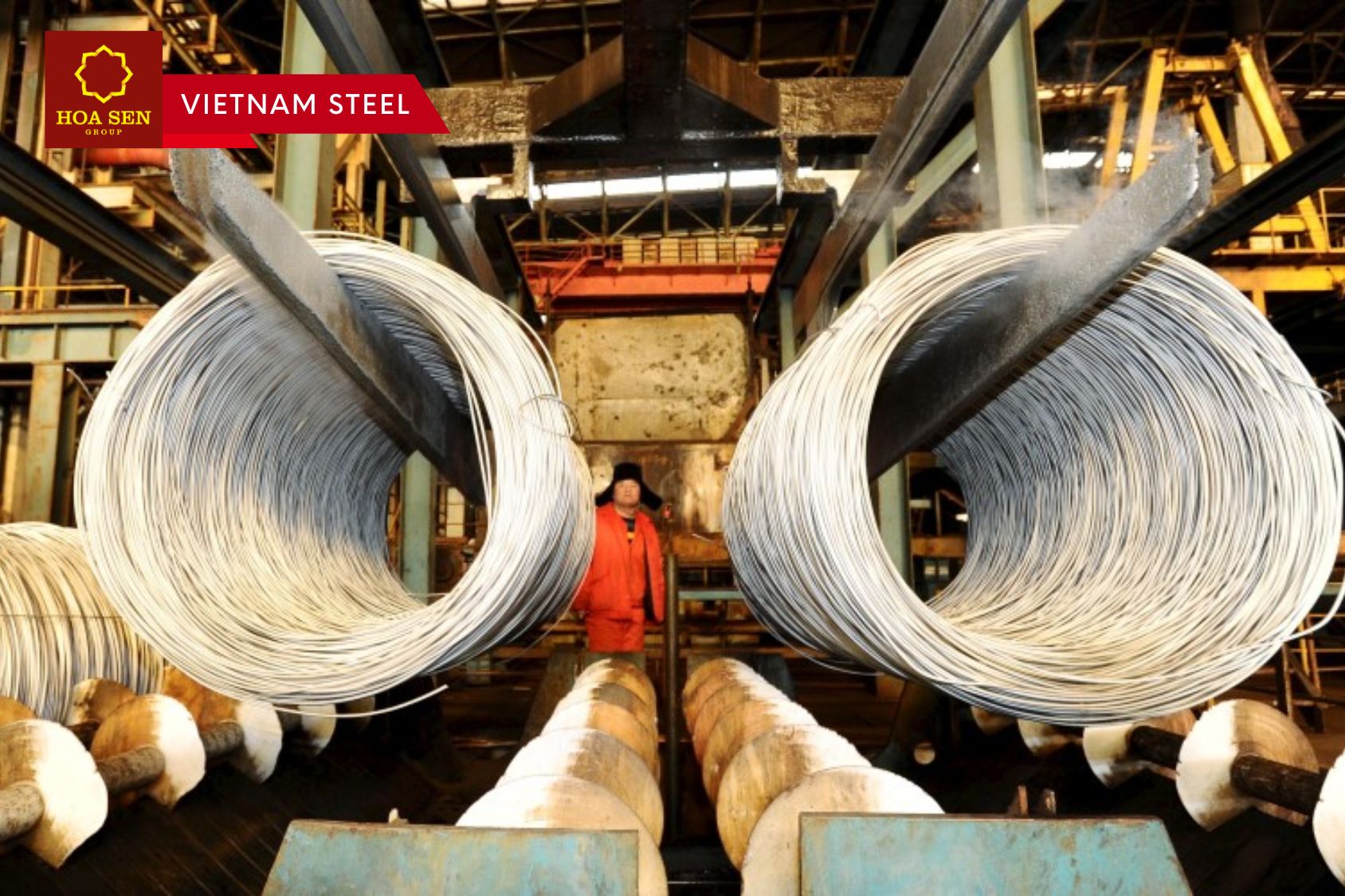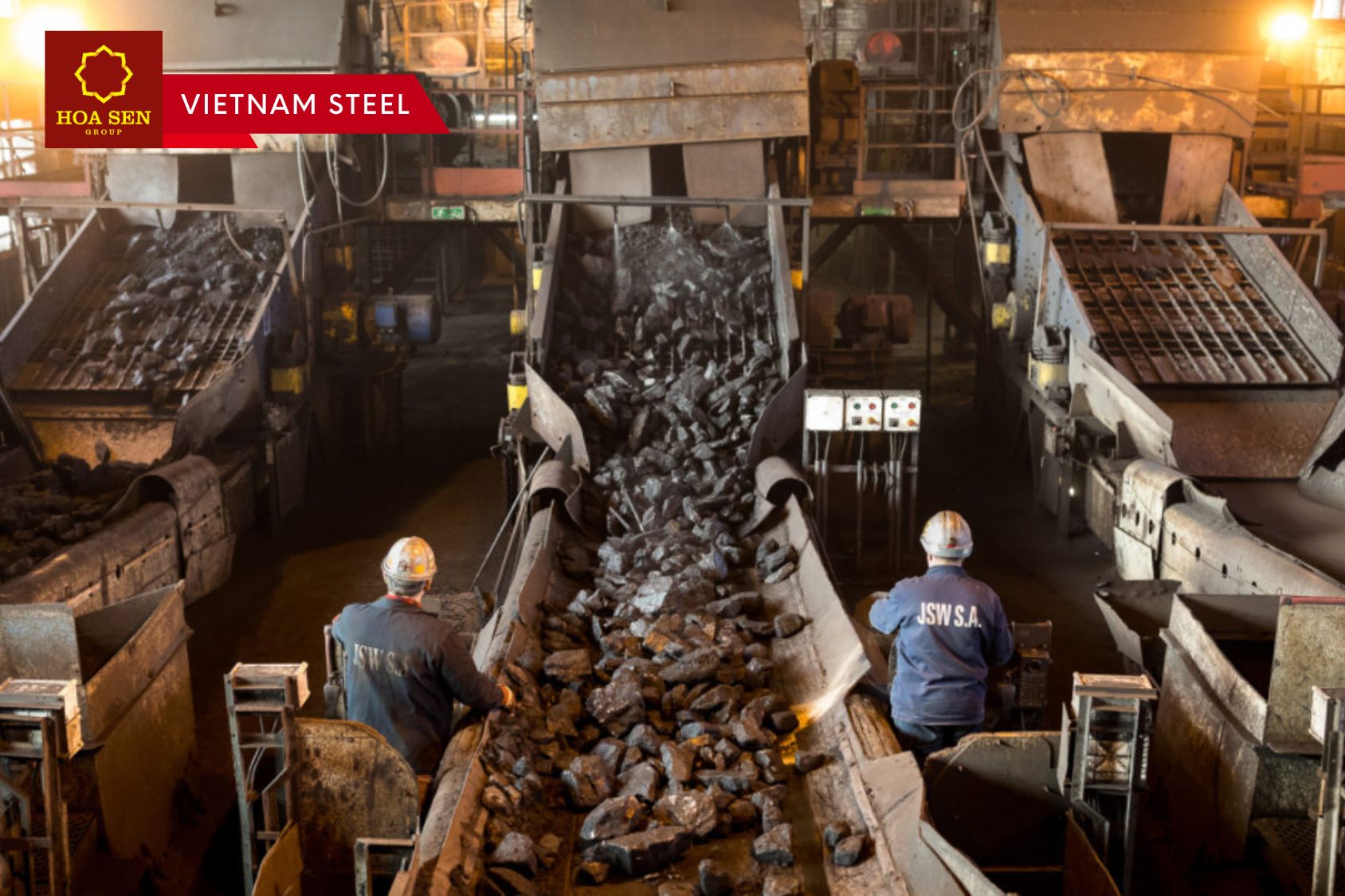There are no signs of easing tensions in the global steel trade in the near term
Due to weak domestic demand, China has been rapidly increasing steel exports to many regional markets over the past two years. This forces many countries to react – to initiate anti-dumping investigations as quickly as possible and to introduce safeguard measures if they have not yet been taken. Already in the medium term, this threatens a trade war ‘all against all’ and the need to find some kind of global compromise given the complex challenges of decarbonisation of the global steel industry.
Chinese factor
Over the last year, the level of trade tensions on the global steel market has increased significantly. The reason for this was the increased presence of cheaper steel from China on the markets of many countries, which had a very negative impact on the work of local steelmakers.
This situation is due to the stagnation of domestic steel demand in China, primarily due to the ongoing property crisis. This forces Chinese producers to increase exports of steel products. Thus, in the first half of 2024 it grew by 24% y/y – to 53.4 million tonnes, in 2023 – by 36.2% y/y, to 90.3 million tonnes.
Read more: Poland’s JSW again cuts its coal production plan for 2024
Vietnam Steel by Hoa Sen Group

